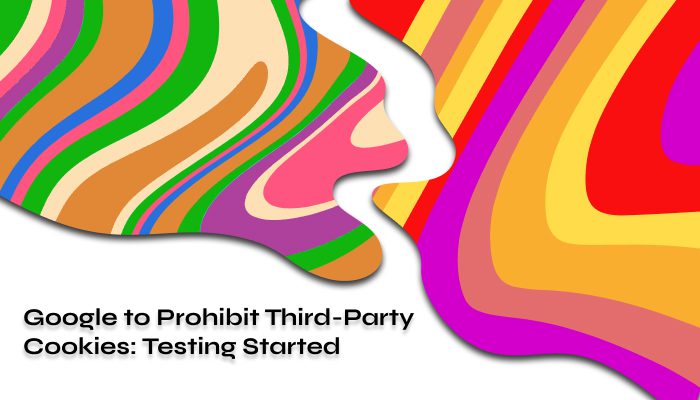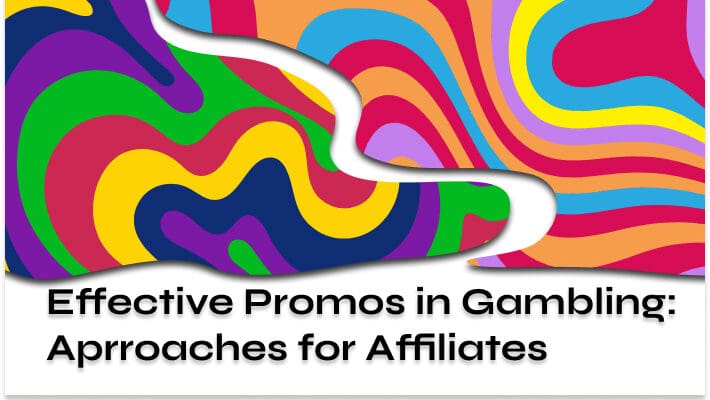In 2020, Google announced plans for a phased withdrawal from third-party cookies in Chrome. After several delays, on January 4, 2024, testing of the Tracking Protection feature began with 1% of random users. Deployment for all users is scheduled for the second half of the year.
Google claims the initiative aims to protect users from tracking and will completely restrict websites access to third-party cookie files. Those included in the test group will receive a notification in their browser:
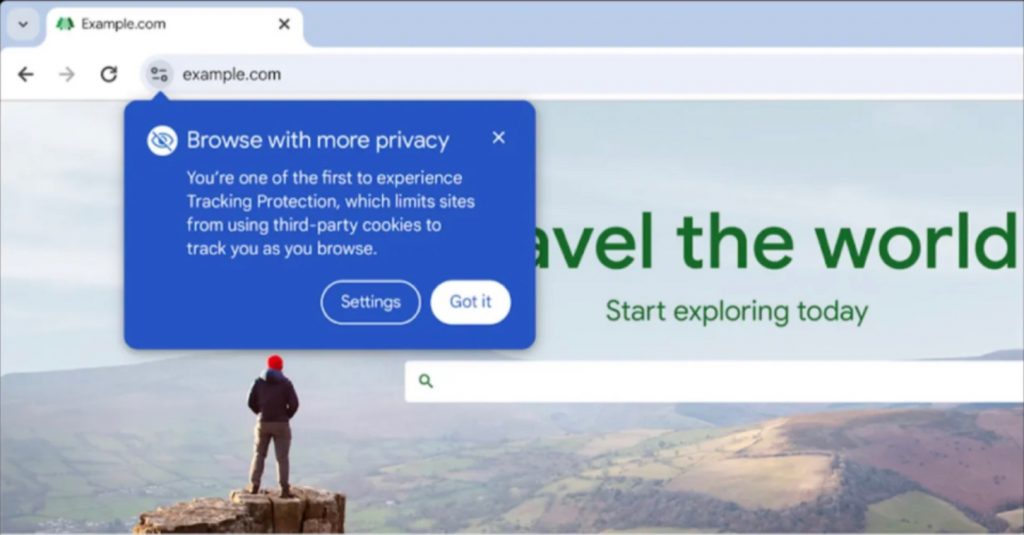
The abandonment of third-party cookie files is a part of the Privacy Sandbox initiative, which aims to create and implement technologies that protect user privacy on the Internet while providing companies with tools to promote their business. The initiative also aims to combat hidden tracking methods, including the use of browser fingerprinting.
Initially, the API FLoC was supposed to replace third-party cookies, but it was abandoned and at the end of 2022, the Topics API technology was introduced. This technology assigns a user several recognizable interest categories based on their recent browsing history, which will be transmitted to the website and its advertising partners instead of information from third-party cookie files. This allows websites to display relevant ads without disclosing personal data, as the technology only classifies site visitors without identifying them.
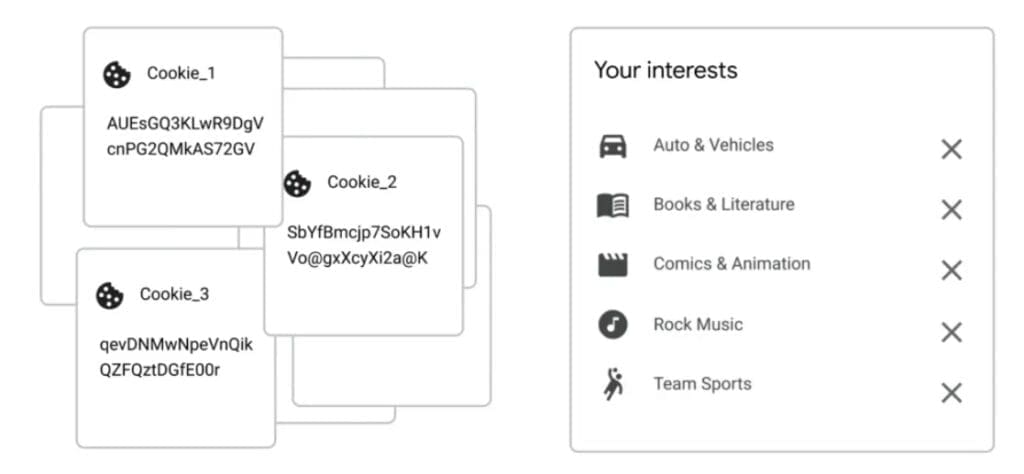
While in Firefox and Safari, third-party cookie blocking has been implemented for some time, Chrome, being the market leader, may face potential issues with the functionality of certain websites due to such blocking. To address this, there is an option to enable access to them.
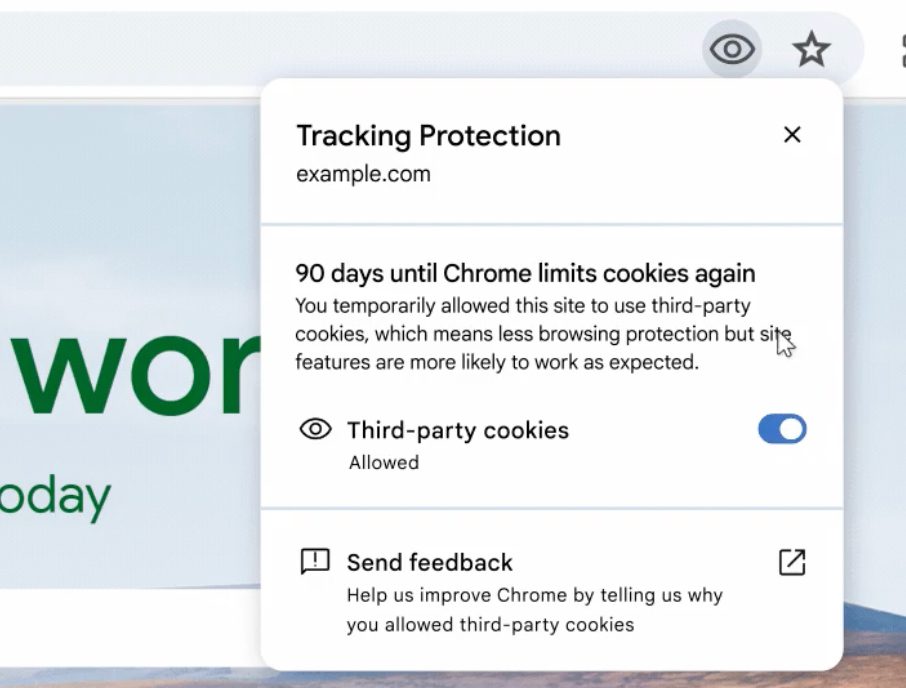
While Google claims this initiative protects user privacy, some experts believe it could also lead to less intrusive advertising and give users more control over their data. For instance, in 2019, after the forced blocking of cookie files in Firefox, advertising platform revenues in Germany declined on average by 15%. The effectiveness of the Topics API for ad targeting compared to third-party cookies is still being debated. Early research by Criteo suggests it might be less effective, but Google has acknowledged these findings.
According to early research by the advertising technology provider Criteo in 2022, the Topics API demonstrated five times lower effectiveness for ad targeting compared to third-party cookies. Later, representatives from Google stated that they took these results into account.
Market participants are also concerned that having access to more data, Google’s own products may gain an advantage over competitors. In 2021, the European Union and the British regulator initiated antitrust investigations and continue to closely monitor the implementation of this technology.

